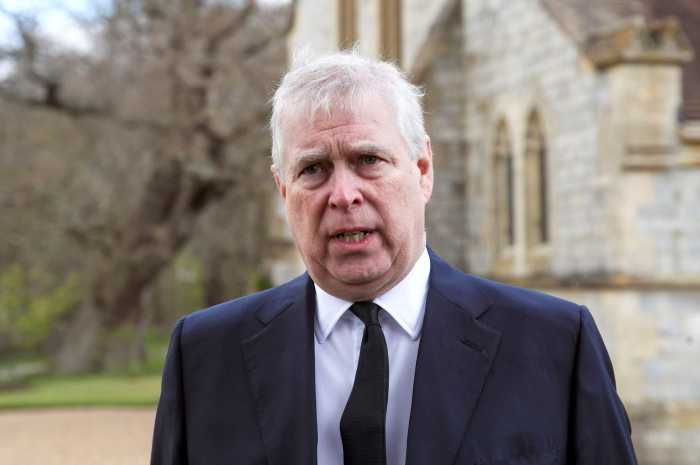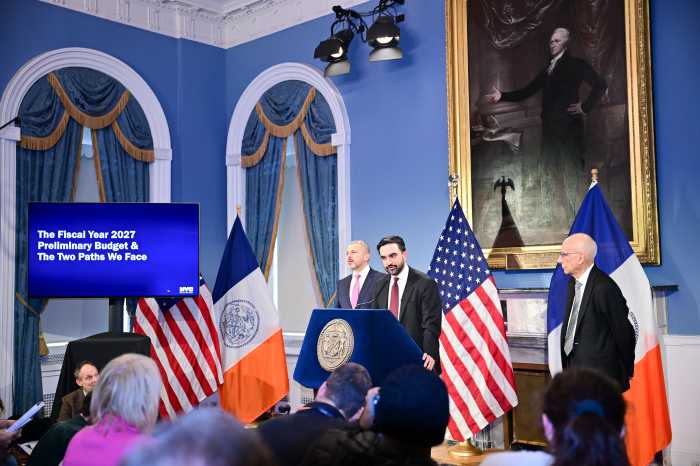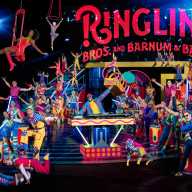Thanks to “Hamilton,” “The Color Purple” and a few other possibilities, the nominations for the 70th annual Tony Awards almost certainly will not be all white when they are announced on May 3.
Still, not much has changed on Broadway since members of the performing arts community from across the country met at the Shubert Theatre for a symposium on nontraditional casting 30 years ago. The aim was to push the virtually all-white American theater power structure to include a more diverse population of playwrights, directors, stage managers and others. We’re still having the same conversation.
There has been some progress. For example, Actors’ Equity Association, the actors union, now has equality of opportunity included in its production contract. These days it’s expected that efforts will be made to include people of color when that doesn’t conflict with the intentions of the production.
This season, we’ve seen Broadway revivals cast nontraditionally: James Earl Jones and Cicely Tyson in “The Gin Game” and Forest Whitaker in “Hughie.” Such choices have not always been universally accepted. The Pulitzer Prize- and Tony Award-winning playwright August Wilson, who was black, called such nontraditional casting “an aberrant idea that has never had any validity.”
The Broadway League’s data reveal that almost 80 percent of Broadway tickets this season were bought by Caucasian theatergoers. Some producers claim catering to this audience tilts productions white.
The Black Lives Matter movement and the indictment of today’s America by writer Ta-Nehisi Coates and others have jolted me, a NYC white progressive, out of the comfortable belief that, since we’ve elected a black president, we are nearing our goal of a more perfect union.
What keeps me optimistic is the knowledge that before the Internet, TV, radio and newspapers, theater was the way people learned about the world. Theater can still play that role. What is needed are plays and musicals that confront our lives in imaginative ways. There’s only one “Hamilton,” but the shock to white audiences’ perception of our shared history is palpable.
Leida Snow is an award-
winning journalist and former theater critic. She is writing a book about Broadway.





































